Is France the world's next superpower?
Brexit, Trump, and Germany's decline are all paving the way for France's ascension
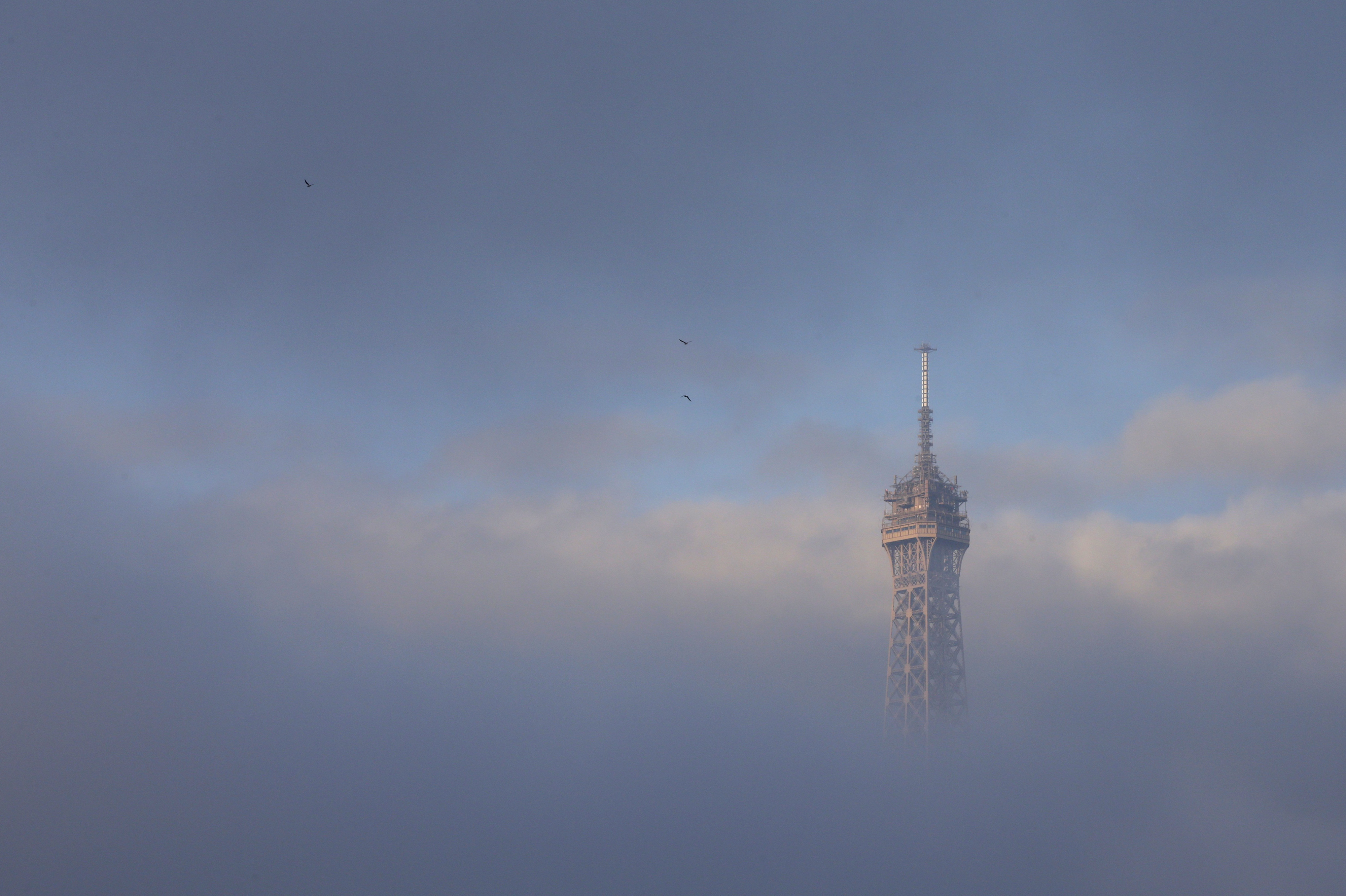

France and America, those strange sister nations, are similar in many respects. One shared trait is their exalted sense of their own greatness. "France would not be France without greatness," said the man who Made France Great Again (twice) in the 20th century, Charles de Gaulle.
Eric Zemmour, a French journalist, convincingly argues in his book French Melancholy that France's understanding of itself was born in the Middle Ages. During that time, a number of jurists from the south of France, where the Roman legal tradition had never been extinguished, longed for a restoration of the Roman Empire and saw the fledgling dynastic line of the Capetians in Paris as the vehicle for their ambitions. Working almost like a modern think tank, they attached themselves to the king, providing him with the technocratic tools to pursue an ambitious policy — France was the first country in Europe to have a permanent civil service with meritocratic selection — and the ideological and rhetorical justifications for that policy.
France has almost always been one of the most important countries in the West, but when it comes to becoming "New Rome" — achieving a hegemony over the West as a dominant superpower akin to that enjoyed now by the United States — France was frustrated over and over again throughout the centuries, whether by the British or the Spanish. With the rise of the British Empire, and now the United States, that ambition looks forever foreclosed. Hence, according to Zemmour, the much-commented upon French cultural malaise that has been gripping the country for decades. Like the former star student athlete who screwed up his one shot at the big leagues and spends his days pining for what could have been instead of enjoying his middle-class life and family, the French painfully feel that they coulda been a contender.
The Week
Escape your echo chamber. Get the facts behind the news, plus analysis from multiple perspectives.

Sign up for The Week's Free Newsletters
From our morning news briefing to a weekly Good News Newsletter, get the best of The Week delivered directly to your inbox.
From our morning news briefing to a weekly Good News Newsletter, get the best of The Week delivered directly to your inbox.
But perhaps now is the time. The confluence of Brexit, Donald Trump's presidency, and German decline provides an unparalleled opportunity for France to become one of the world's leading nations.
The opportunity provided by Trump is obvious. Unless the men around Trump prove really, really adept at reassuring the world that the U.S. will stand behind its alliances, the power vacuum left by the fraying of NATO will prove an excellent opportunity for political entrepreneurs. Eastern European nations need another country to act as a security guarantor. Due to history, Germany has a very fortunate aversion for foreign adventures, is mistrusted in many places across Eastern Europe, and doesn't have nukes. France is no America, but it does have nukes and one of the world's top militaries. More broadly, every place from which the U.S. withdraws provides an opportunity not just for obvious rivals like Russia and China, but also for Western democracies with nukes, a blue-water navy, and chutzpah. The Near East, where France has historical links and has long been a respected powerbroker (a privilege it hasn't been willing to use), also looks like an opportunity.
When it comes to Brexit, the French consciously joined the European project to turn it into a vehicle for our imperial ambitions — the continuation of Napoleonism by other means, if you will. The idea was to do, essentially, what Angela Merkel has managed to do over the past years for Germany, in the face of François Hollande's fecklessness. Today in Europe, it is understood that everyone works for Brussels, and that Brussels works for Berlin. Brexit removes from the European equation a key rival to France, one that often has different priorities. Brexit means France will be only EU country that has nukes, a blue-water navy, the capacity to project power globally, and a permanent seat on the U.N. Security Council, all key strategic assets. Smaller European nations often grumble that EU decisions are really just whatever France and Germany agree upon, and Brexit will make that even more true.
Today, Germany is the pre-eminent European power, in part because of its impressive economic might, but also thanks to the diplomatic skills of Angela Merkel. But with German federal elections coming up, Merkel might soon be out of that equation. But more importantly, it looks like Germany is reaching its peak. German demographics don't play in its favor: The country's native population is set to age and shrink much faster than France's, which has managed to keep relatively robust birth rates. Merkel decided to risk things by welcoming migrants into the country, and that bet is looking more likely to blow up in Germany's face. Successfully integrating so many migrants, culturally and economically, into a conservative, aging country, is a heck of a challenge.
A free daily email with the biggest news stories of the day – and the best features from TheWeek.com
In other words, everything is looking up for France. But there still lacks one ingredient: chutzpah. Vladimir Putin is the most skilled statesman on the international stage. Russia plays a very prominent role in international affairs, despite having an economy smaller than France's. We used to say that Russia's political ascendancy was mostly fueled by high oil prices; now that oil prices are at the bottom of the barrel and Russia is more powerful than at any point since the end of the Cold War, we say that it's born of weakness. This is true: It is because Putin knows he is playing a weak hand that he has had to be so ingenious and daring in playing it. Which leaves the question: Will France's next leader have the vision and the talent to bring about, finally, a French era?
We've always failed in the past. But at least we can try.
Pascal-Emmanuel Gobry is a writer and fellow at the Ethics and Public Policy Center. His writing has appeared at Forbes, The Atlantic, First Things, Commentary Magazine, The Daily Beast, The Federalist, Quartz, and other places. He lives in Paris with his beloved wife and daughter.
-
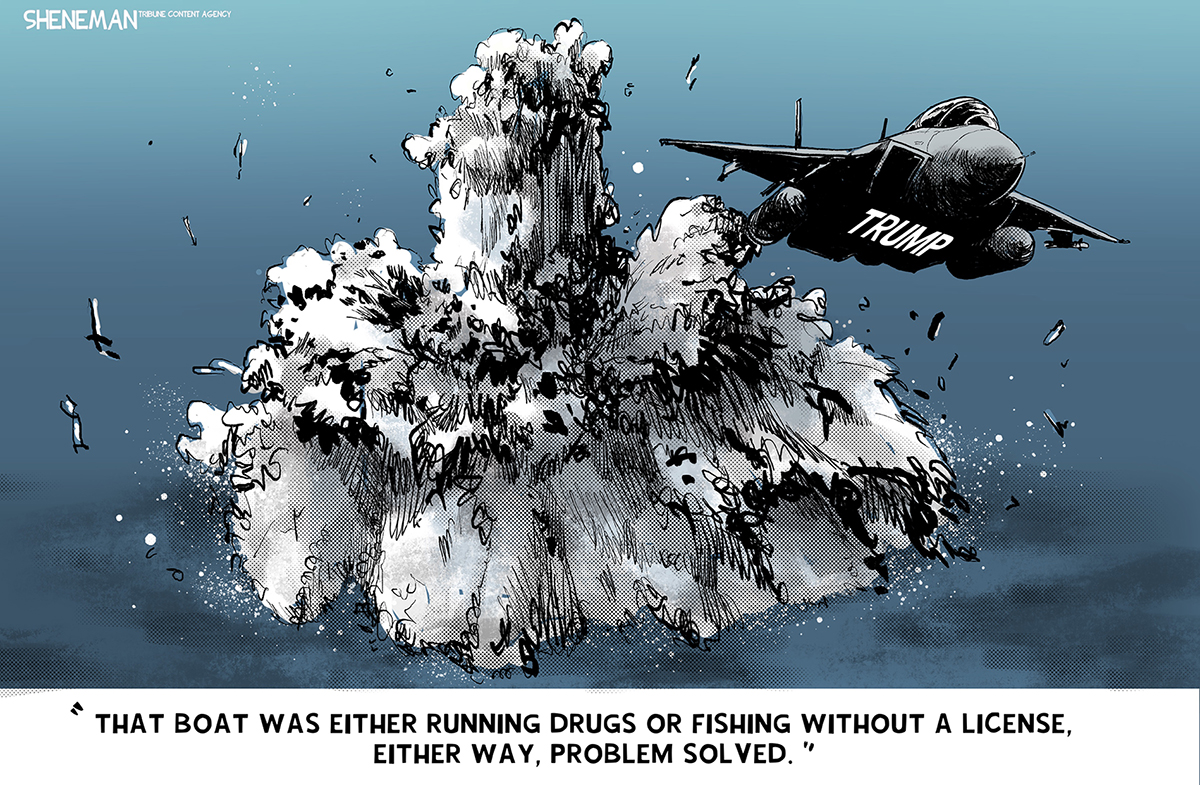 Political cartoons for November 8
Political cartoons for November 8Cartoons Saturday’s political cartoons include narco boats, and the new Lincoln monument
-
 Why Trump pardoned crypto criminal Changpeng Zhao
Why Trump pardoned crypto criminal Changpeng ZhaoIn the Spotlight Binance founder’s tactical pardon shows recklessness is rewarded by the Trump White House
-
 Sudoku medium: November 8, 2025
Sudoku medium: November 8, 2025The Week's daily medium sudoku puzzle
-
 Nigeria confused by Trump invasion threat
Nigeria confused by Trump invasion threatSpeed Read Trump has claimed the country is persecuting Christians
-
 Sanae Takaichi: Japan’s Iron Lady set to be the country’s first woman prime minister
Sanae Takaichi: Japan’s Iron Lady set to be the country’s first woman prime ministerIn the Spotlight Takaichi is a member of Japan’s conservative, nationalist Liberal Democratic Party
-
 Russia is ‘helping China’ prepare for an invasion of Taiwan
Russia is ‘helping China’ prepare for an invasion of TaiwanIn the Spotlight Russia is reportedly allowing China access to military training
-
 Interpol arrests hundreds in Africa-wide sextortion crackdown
Interpol arrests hundreds in Africa-wide sextortion crackdownIN THE SPOTLIGHT A series of stings disrupts major cybercrime operations as law enforcement estimates millions in losses from schemes designed to prey on lonely users
-
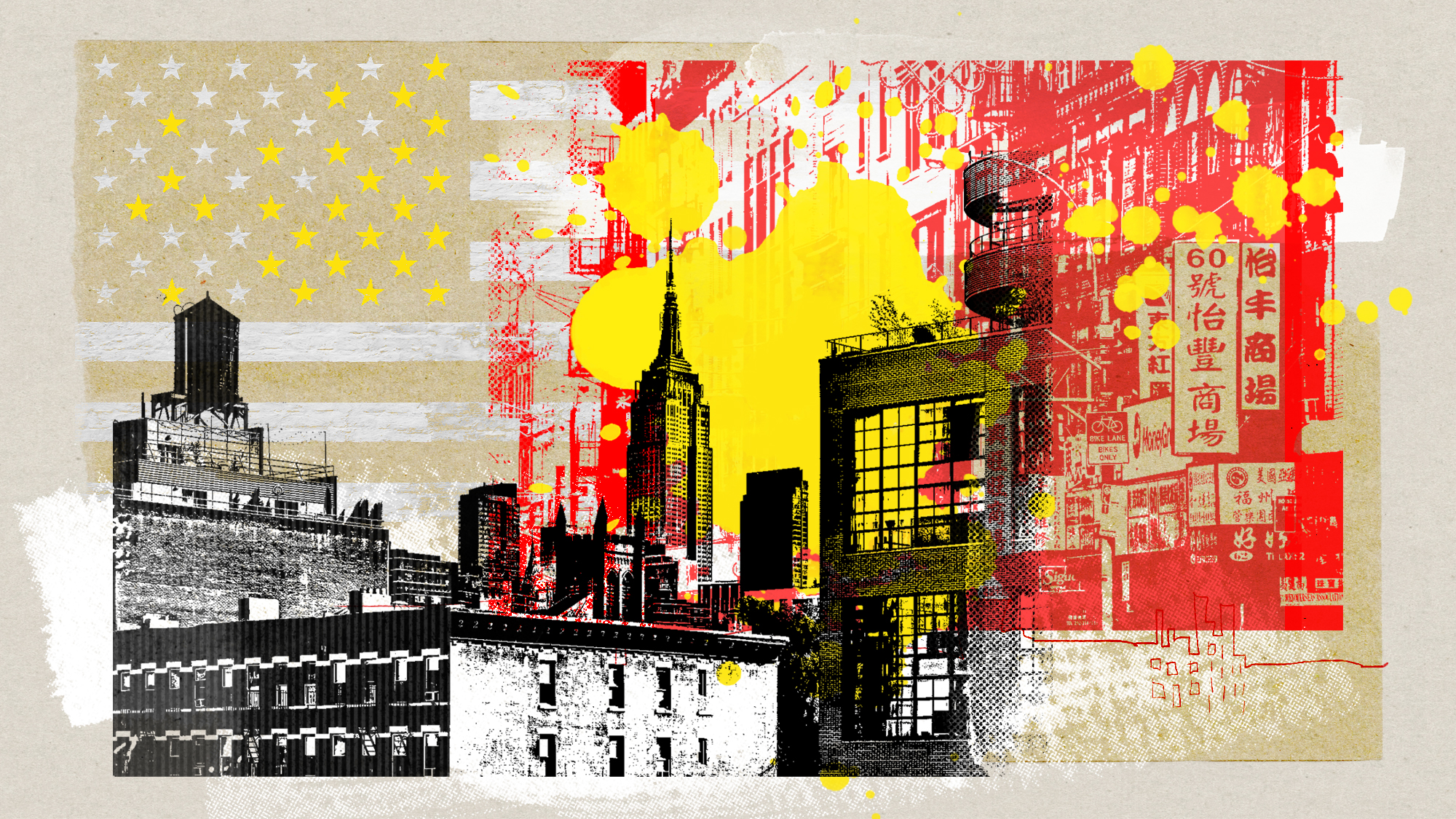 China is silently expanding its influence in American cities
China is silently expanding its influence in American citiesUnder the Radar New York City and San Francisco, among others, have reportedly been targeted
-
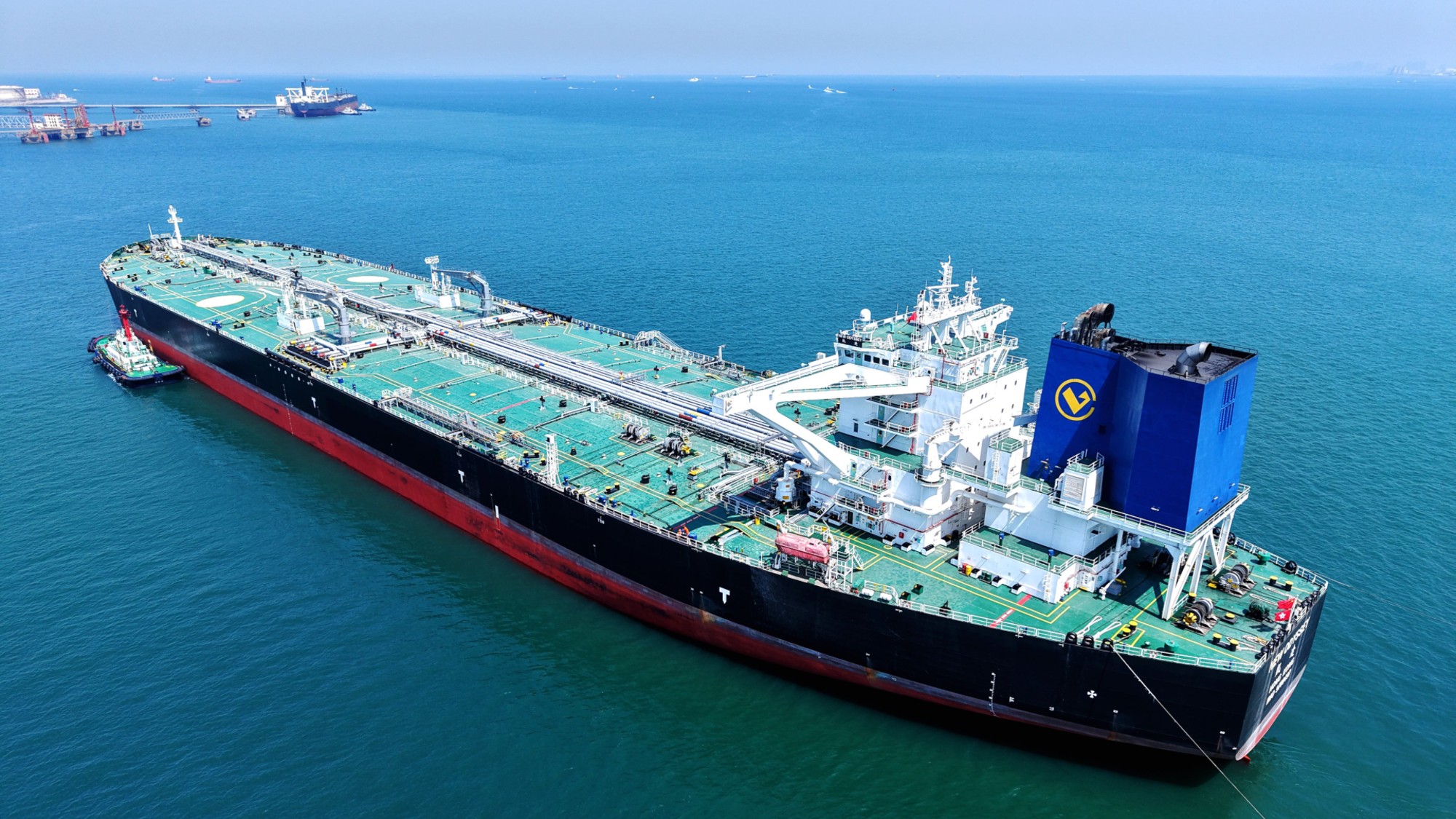 How China uses 'dark fleets' to circumvent trade sanctions
How China uses 'dark fleets' to circumvent trade sanctionsThe Explainer The fleets are used to smuggle goods like oil and fish
-
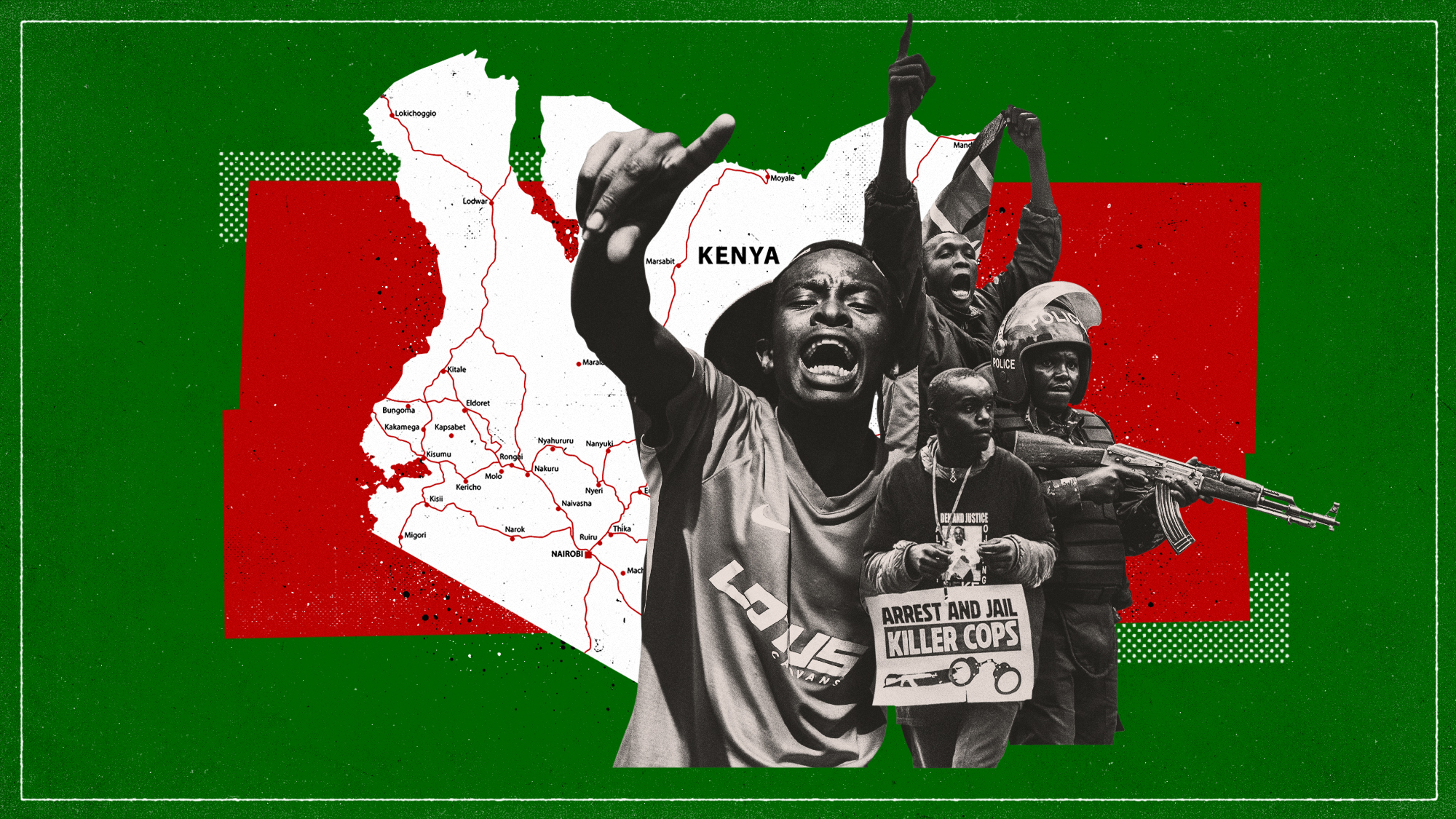 One year after mass protests, why are Kenyans taking to the streets again?
One year after mass protests, why are Kenyans taking to the streets again?today's big question More than 60 protesters died during demonstrations in 2024
-
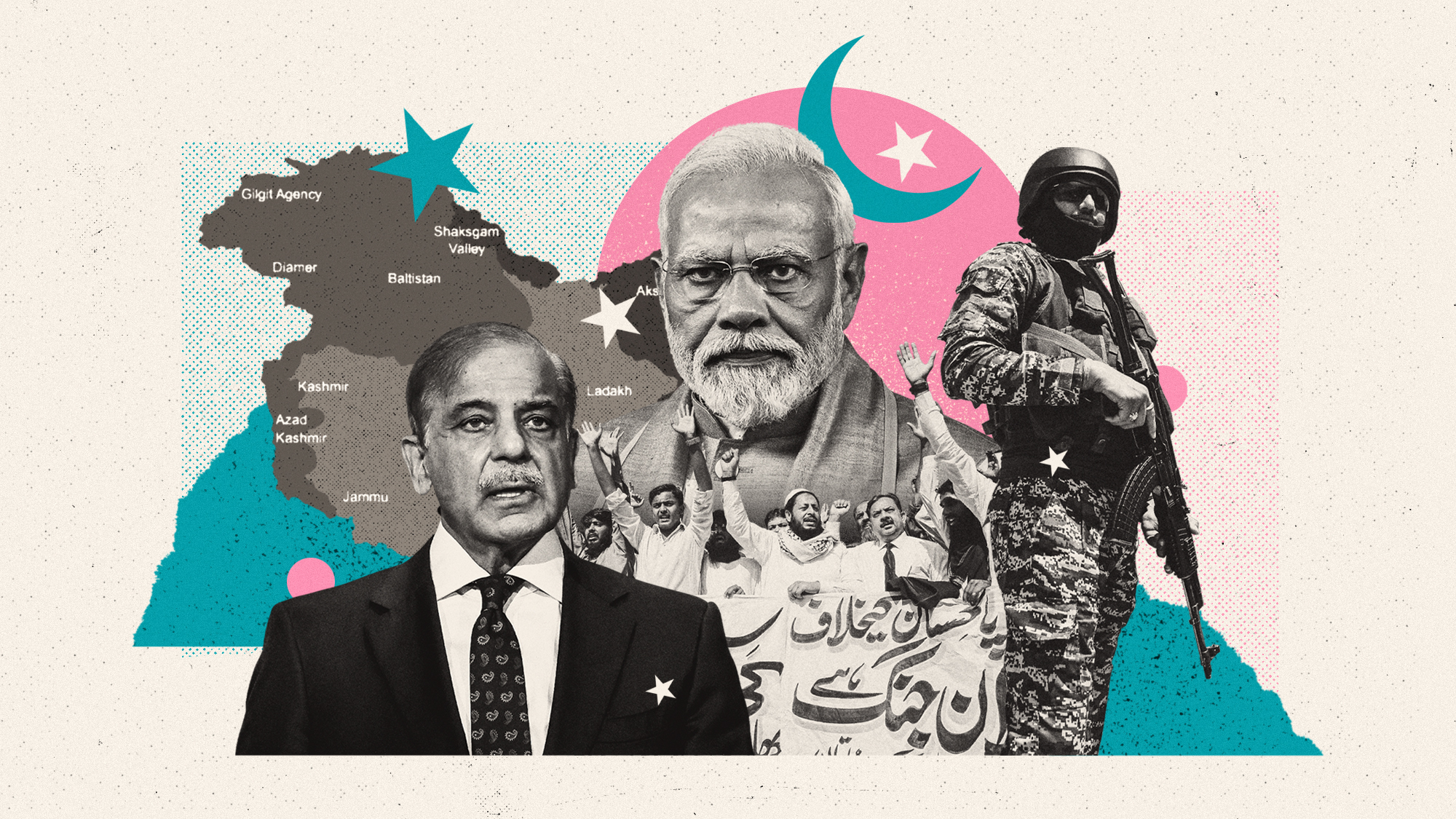 What happens if tensions between India and Pakistan boil over?
What happens if tensions between India and Pakistan boil over?TODAY'S BIG QUESTION As the two nuclear-armed neighbors rattle their sabers in the wake of a terrorist attack on the contested Kashmir region, experts worry that the worst might be yet to come
